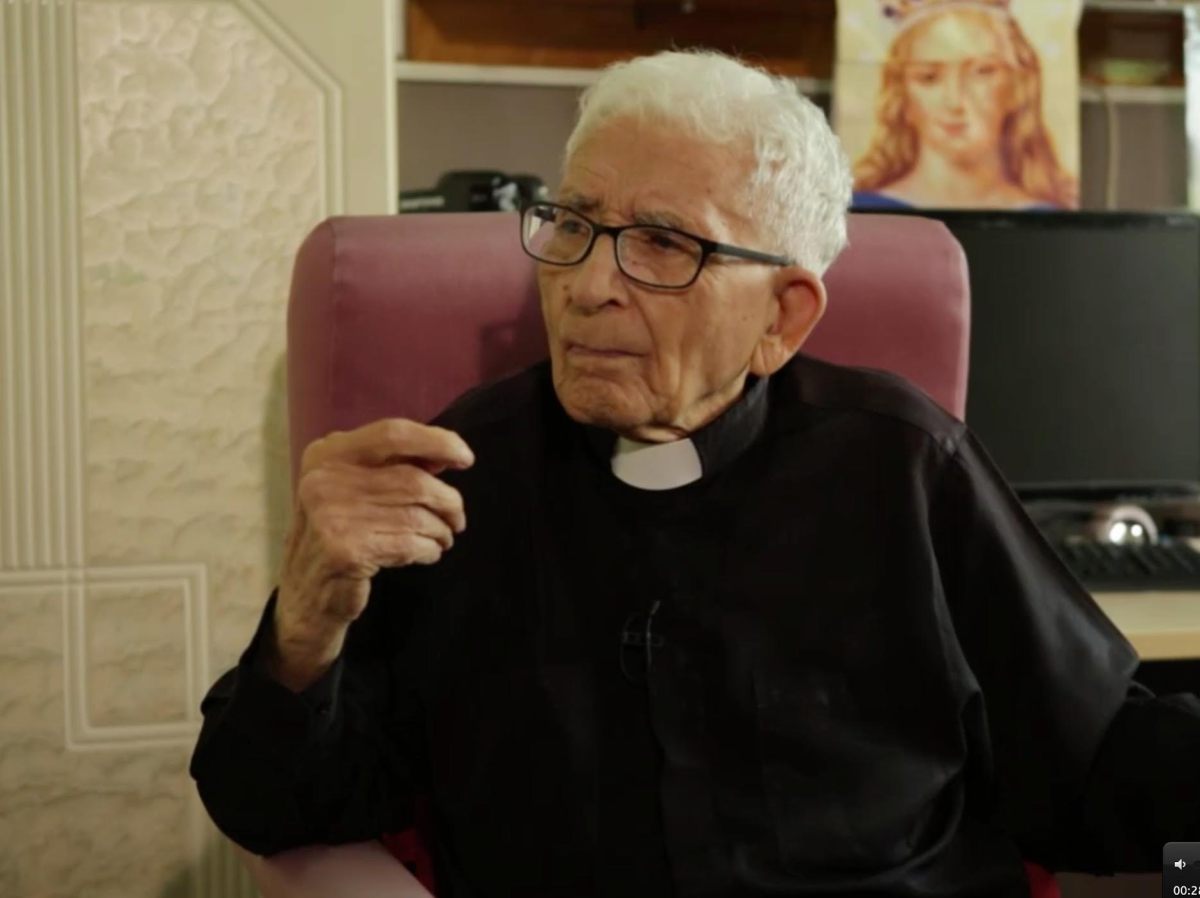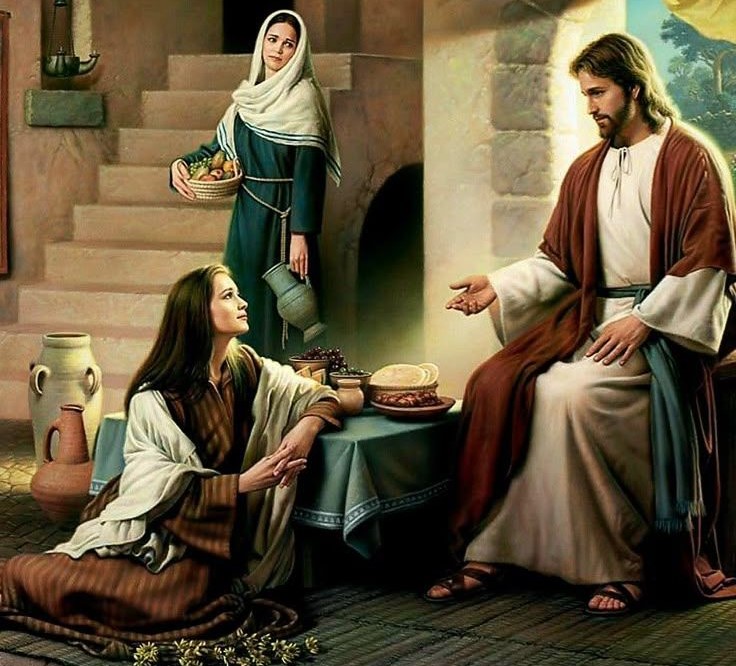Fr Eduardo Emilio Agüero, SCJ
Mk 8:27-35
24th Sunday in Ordinary Time
Gospel Reflection
Fr. Gaetano Nicosia, a Salesian priest, died in Hong Kong on November 6, 2017, at 102 years of age. He was called “The Angel of the Lepers”, having lived with a hundred lepers for 48 years on the Island of Coloane. He tended to their bodily and spiritual needs with great love and dedication. His tomb can be visited at St. Michael’s cemetery in Macau. He is an example of a “disciple”, who took up the cross and followed him to the last consequences, following the Lord’s invitation: “Whoever wishes to come after me must deny himself, take up his cross, and follow me.” (Mk 8:34).
A life offered to the poor like his, helps us to understand our commitment to Christ and the Gospel. To fully understand today’s Gospel, we must pay close attention to its context: After feeding the four thousand (Mk 8:1-10), the Pharisees went to Jesus asking for a sign (Mk 8:11) to test Him. Then Jesus understands that his mission is coming to a crucial point. He heals a blind man at Bethsaida, symbolizing the gift of faith “he saw everything clearly” (Mk 8:25). From there, He brought his disciples to the mostly pagan territory of Caesarea Philippi, to confirm their faith and mission, after which he began his journey to Jerusalem to face his passion and death. On this journey, he foretold his disciples three times about his death and resurrection, though they did not understand his words, as Peter shows reacting against that fate (Mk 8:32).
In Caesarea Philippi, where pagan deities were rendered cult, the Lord who had called them “to be with Him”, and to be sent to preach with the authority to expel demons (cf. Mk 3:14-15), asks them first: “Who do people say that I am?”
We live in a city where most people are not Christian. We work and relate daily with persons who have a fair knowledge of Christ and the Church. In Macau, many non-Catholics go to Catholic Schools. They can witness our Faith when we go out to the streets for the “Corpus Christi” procession or that of the “Senhor dos Passos”, among others. Men of faith, like Fr. Gaetano Nicosia bore witness to the mercy of the Lord by reaching out to the poor without distinction of belief and race. Caritas Macau and other Catholic institutions and persons of our diocese continue to show their faith “through works”, as St. James teaches us (Jm 2:18).
What do the people of Macau say about Jesus? Anybody can answer this question according to his or her experience. I see a lot of respect and friendship, which I believe is rooted in years of service to the poor, the elderly, and the sick. Moreover, our Catholic Schools are a seed of the Gospel in many peoples’ hearts and a channel of mutual understanding between people of different beliefs.
At this point, Jesus asks His disciples the most poignant question: “But you, who do you say that I am?” Answering this crucial question about Christ’s Identity at that critical moment of His ministry wasn’t an easy challenge: “You are the Christ,” said Peter. However, to go beyond the profession of faith to embrace its consequences for us as disciples is even harder as it was particularly for Peter: “Get behind me, Satan. You are thinking not as God does, but as human beings do” (Mk 8:33).
Jesus’ announcement of his suffering and death shocked Peter and would have shocked any of us if we had ever witnessed a crucifixion; The most painful and shameful death, reserved for the rebels. Quinctilius Varus, the Imperial Legate to Syria, had two thousand rebellious Jews crucified near Jerusalem in the year 4 B.C. That tremendous trauma must have been very much alive in the collective memory of the Jewish people. To take up the cross, was no romantic metaphor. It was a cruel reality and a permanent threat to non-Roman citizens.
Jesus is that Suffering Servant of Yahweh prophesized by Is 50:7. To follow Him supposes an imitation of his resolve and determination, pointed out by the expression “I set my face like flint” (50:7). It depicts an attitude of resolution and willpower to put one’s “face”, meaning honor, destiny and identity in front of any challenge, suffering and persecution for the sake of the mission the prophet is sent to accomplish.
Jesus’ invitation to take up the cross, is a warning against following Him because only those brave enough to do so must act in complete freedom to reckon with false accusations, calumnies, and severe suffering. To attain that total availability for the sake of Christ, we first need to rid ourselves of our “ego”: “Whoever wishes to come after me must deny himself” (Mk 8:34). We should no longer cling to our own wishes, desires, ideas, comfort zones, and life plans.
Jesus’ call does not primarily refer to what people usually name as everyday “crosses” like having to put out with some difficulties, annoyances, and embarrassments. Even persistent illnesses do not always represent this challenge of Christ –even non-Christians need to suffer them and even face death.
First and foremost, to take up the cross means surrendering one’s life for Christ’s sake, His Gospel, and what He lived and thought. Only when we fully accept and live out that fundamental decision do the problems of our life, small and big, become an integral part of discipleship.
Jesus’ Identity is closely linked to his self-offering on the cross. So, what about you? Who do you say He is?


 Follow
Follow


